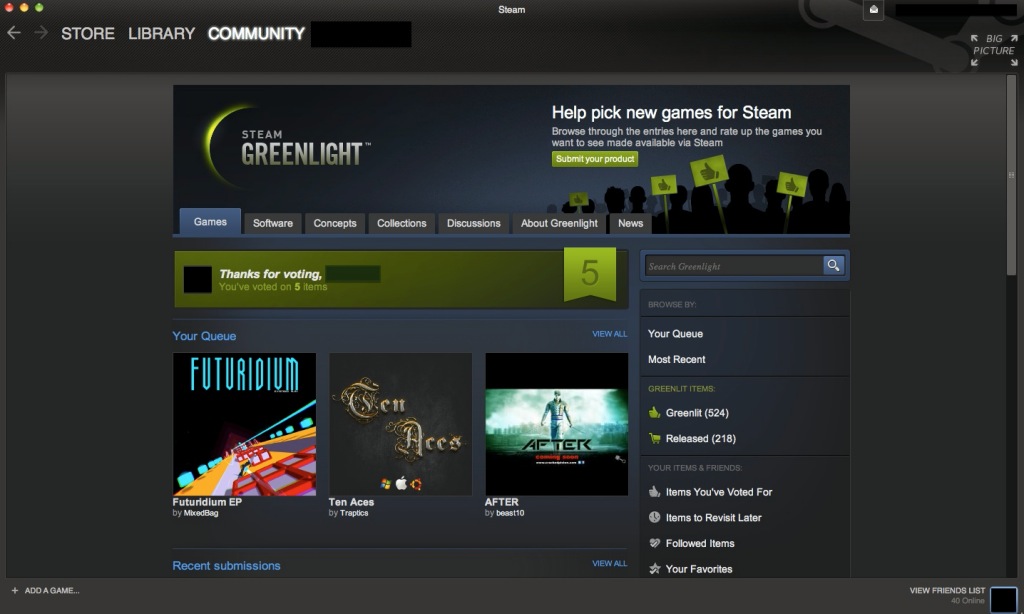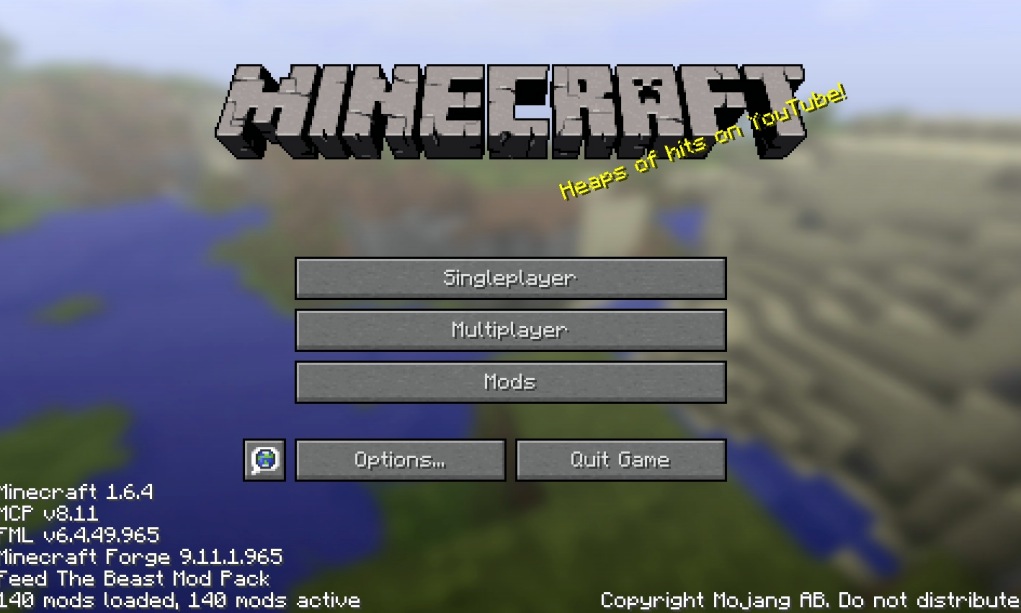WHAT IS AN INDIE GAME OR INDIE COMPANY?
Indie Games are usually what some consumers might consider those “artsy obscure titles that hipsters play.” Lately however, that definition has been shifting and changing with the steep rise in prominence and popularity of indie titles. By now, indie titles can encompass any genre, have vastly varying degrees of quality and can even be found on any platform. If one were interested in defining indie games, in its current state, it’d be important to first take a look at the word itself. “Indie” is shorthand for Independent, so when a company or game describes itself as Indie it’s making itself independent from the majority. This “majority,” in the case of video games, comes in the form of big name publishers and large game development companies.
Simply put, indie games are made by indie developers, which are a group (or a single individual in some cases) that are detached from any larger companies that works solely for and by themselves. Generally, indie titles are also produced on small budgets, unlike larger companies which have millions of dollars to shovel into a game. This clearly doesn’t restrain the potential of indie companies though, considering that in 2013 some of the most popular games were made by indie developers!
WHY ARE INDIE GAMES EVEN NOTEWORTHY?
You might be wondering how indie games manage to even succeed considering they have smaller dev (developer) teams, tighter budgets and less access to all of the resources large companies have. Simply put, it’s that their “downfalls” are what lead to their greatest strength, the need for ingenuity and creativity that is generally prominent in indie titles.
Large game companies normally find themselves constrained by the need to create titles that appease their fan base and represent something that they would normally create. Contrary to this, indie developers have no such limitations and are free to create whatever their mind can conjure up. A prime example of this creative freedom is Minecraft, a game created by indie game company Mojang and released in 2011. The voxel based survival/creation game was revolutionary with it’s simple yet flexible premise, and years after its release is still influencing the gaming community.
However, this creativity isn’t exclusive to ground breaking and genre defining games, but can also find itself in the thought provoking and maybe even controversial titles that exist within the indie gaming community. Since independent developers don’t have to worry about appeasing the company they represent or whoever is funding their project, they’re free to include whatever topics or content that their heart desires. This has led to games that practically scream emotion, story, and thought in all its wonderful forms.
From unique gameplay elements, to captivating and thought provoking narrative, indie titles bring a lot to the table and even now are evolving and reaching for new heights. If you crave something different from the industry “standard,” then look out for indie titles, you might be surprised at what you find.
WHEN AND HOW DID INDIE GAMING START?
Indie games found their start on computers, where most continue to reside to this day. Most indie titles began as shareware in the early 90s, but the genre and community was kept in obscurity until mid 21st century, which was when the veritable gold mine of indie games was unearthed.
Once indie games started becoming popular, developers saw the opportunity and made the jump to indie. Some left companies they worked at in hopes of making it on their own or with a vision for an amazing game, others merely started as indie in the already crowded game development industry. No matter their origins, more developers started working on independent titles and their popularity rose each year.
WHERE IS INDIE GAMING NOW?
Indie games now dominate entire markets, their sales sometimes trampling over those of triple A titles. Indie games have also broken free of their humble computer origins and have begun to spread towards other consoles, with various virtual marketplaces now hosting an indie section or simply having indie titles in their catalogs.
Indie developers continue to breathe fresh life into an otherwise stale and repetitive market. I don’t see their popularity declining any time soon either. If anything, indie titles and companies will become more popular as time goes on! No matter what genre, theme or topic, indie devs are sure to deliver something unique, inspiring, and maybe even beautiful.
 Technology X Tomorrow's Technology Today!
Technology X Tomorrow's Technology Today!


